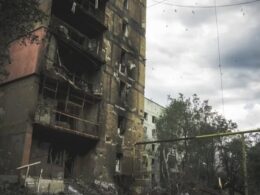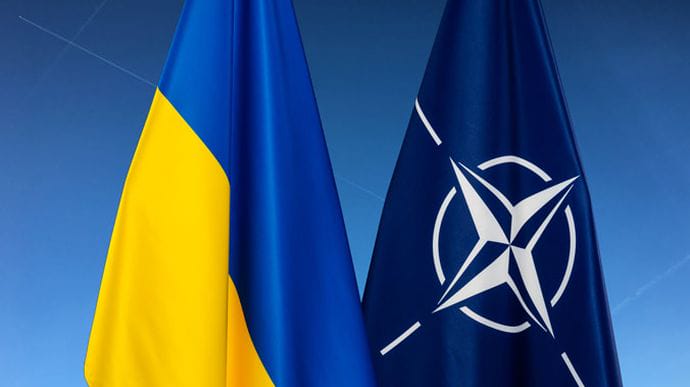Russian President Vladimir Putin has notably increased rhetorical attacks against Latvia and other Baltic nations in recent statements, a move analysts at the Institute for the Study of War say is likely aimed at weakening NATO unity as part of the Kremlin’s broader anti-NATO campaign.
The rhetoric is significant as, following Russia’s invasion of Ukraine, many analysts fear that the Baltics will be next.
“Putin claimed on January 16 that Latvia and other Baltic states are ‘throwing [ethnic] Russian people’ out of their countries and that this situation ‘directly affects [Russia’s] security,'” the ISW assessment states.
The accusations reference Latvia’s recent changes to immigration laws requiring Russian citizens to apply for new EU permanent residence permits.
ISW notes Putin frequently uses concern for “compatriots abroad” as justification for aggressive foreign policy actions. While the analysts see no evidence of imminent Russian escalation against the Baltics, they warn Putin may be deliberately stirring tensions to lay groundwork for potential future moves under the guise of protecting ethnic Russians.
According to ISW, Putin also slammed NATO’s open door policy, calling the potential expansion destabilizing – part of the Kremlin’s ongoing efforts to fracture NATO cohesion. The ISW assessment says weakening NATO is a key Russian objective, pursued through disinformation and hybrid warfare.
Overall, ISW analysts view Putin’s latest rhetoric targeting Baltic states as the newest phase in an ongoing Russian campaign to divide and destabilize the NATO alliance. Though Baltic escalation may not be imminent, experts say the Kremlin is likely working to set information conditions that could enable future aggressive actions in the region.
Related:
- Baltic states grow frustrated with West’s war balancing act
- Latvian president urges allies to support Ukraine until full victory over Russian imperialism
- Latvia announces new military aid package for Ukraine, including ammunition, howitzers, helicopters







